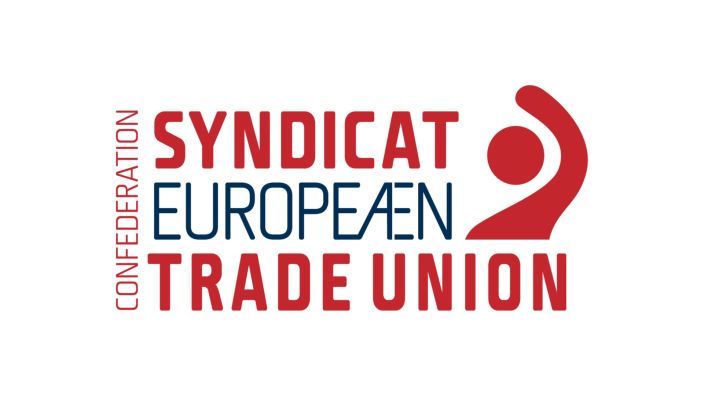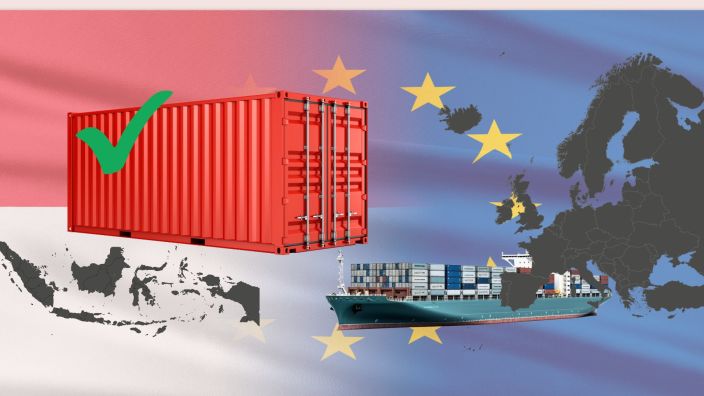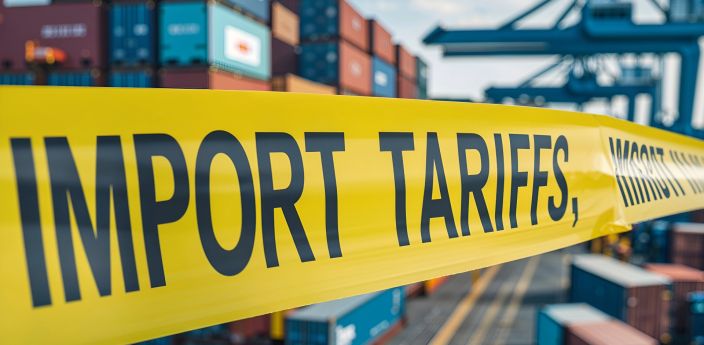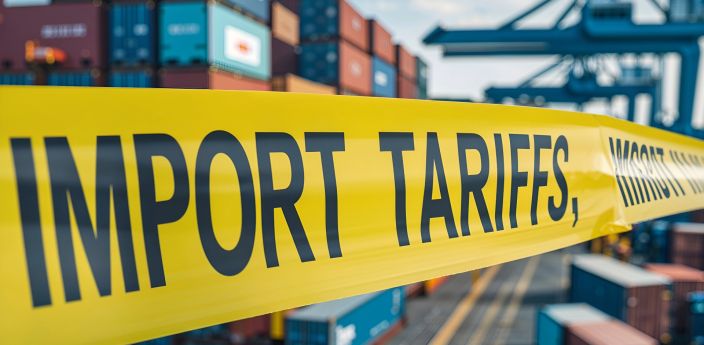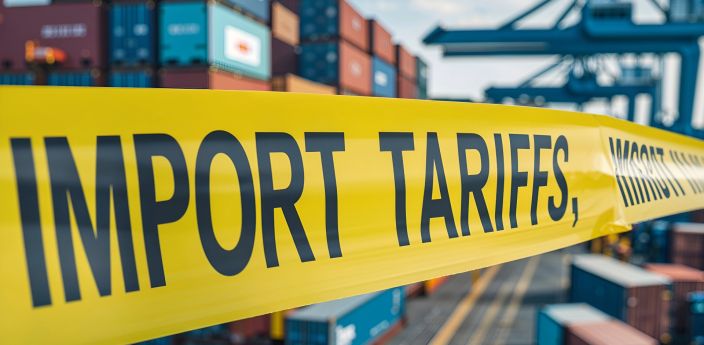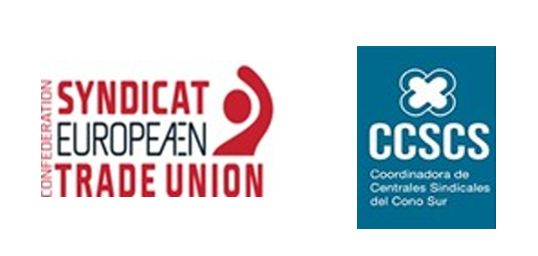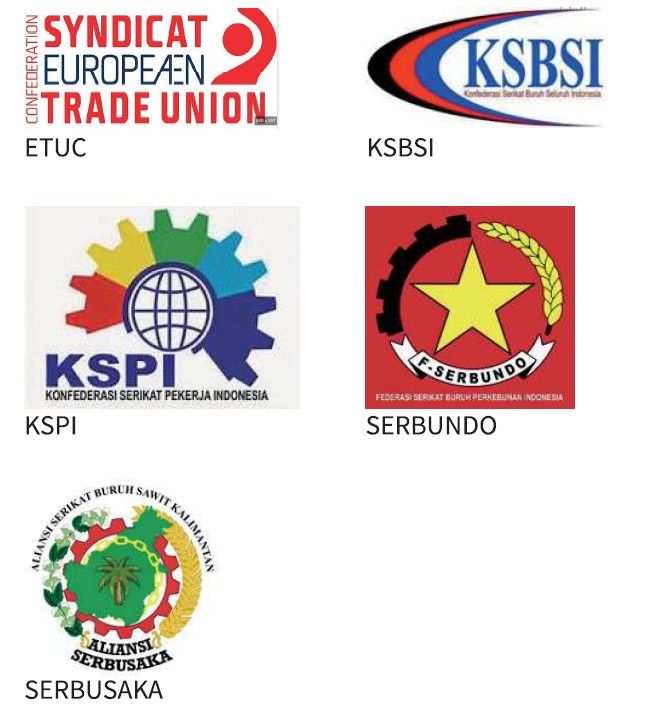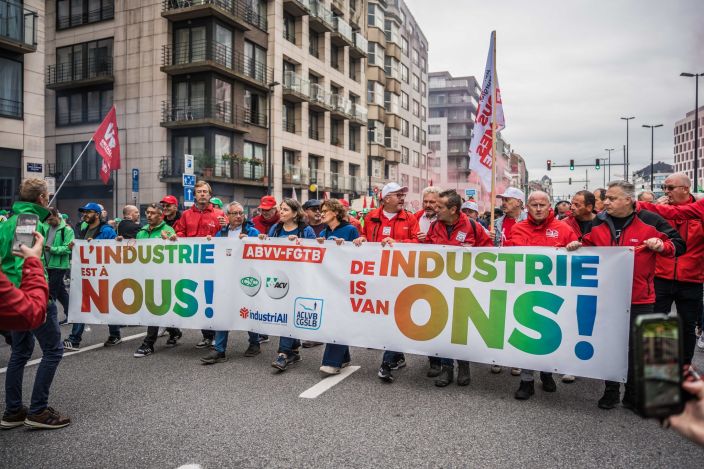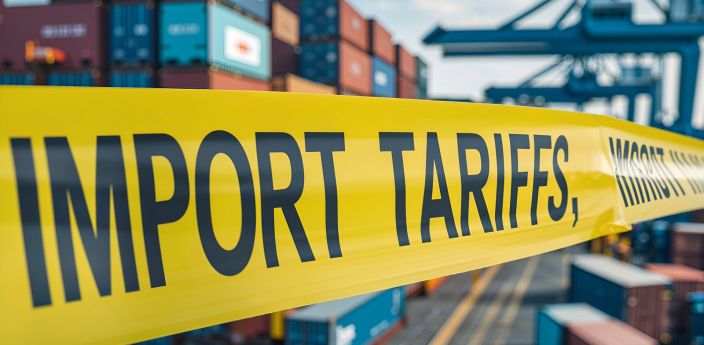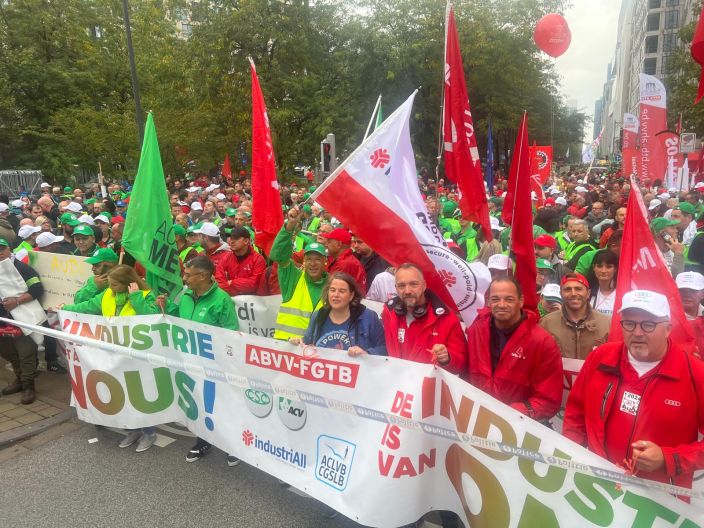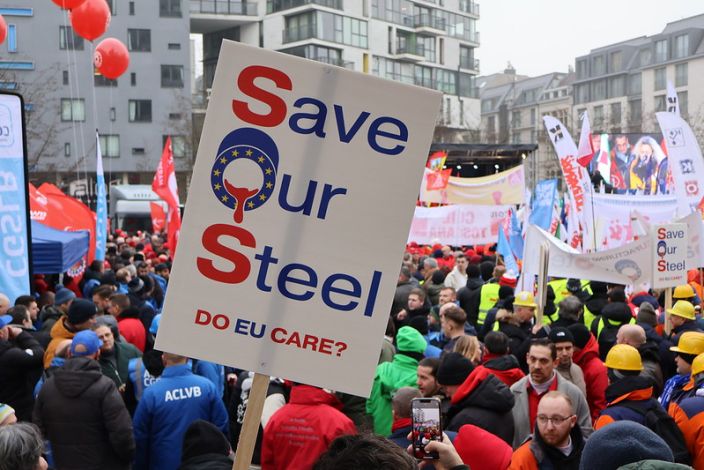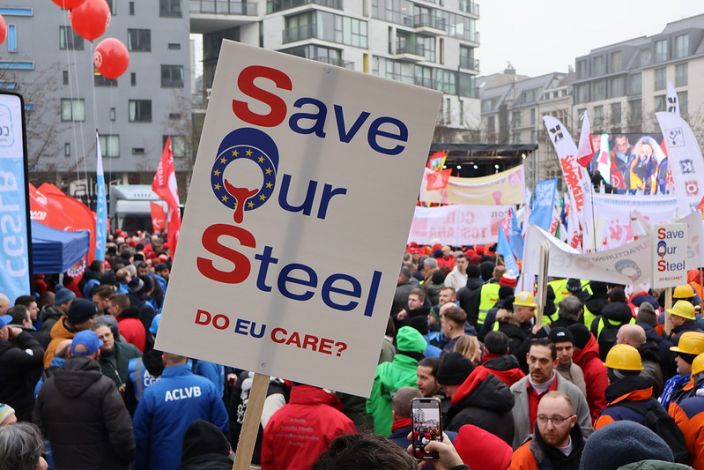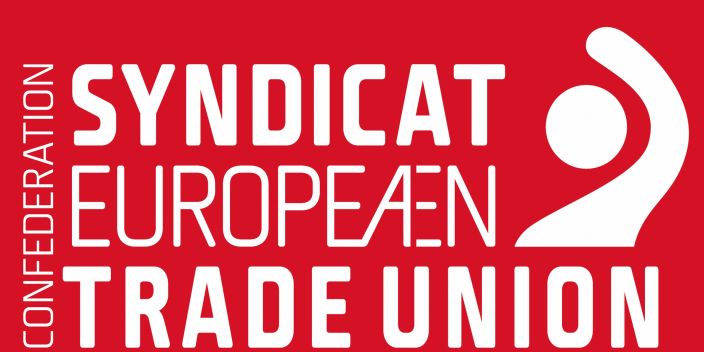Much of the ETUC’s external relations work is closely linked to trade relations between the EU and other countries or regions. The ETUC has consistently supported equitable trade regulated by multilateral institutions, and called for strong cooperation between the World Trade Organisation (WTO) and the ILO. In recent years, with the faltering of the Doha Round and a proliferation of bilateral trade agreements, the EU has also engaged in bi-regional and bilateral negotiations in which, generally, trade agreements have been included within association, cooperation and strategic agreements. The ETUC agrees that trade and investment agreements should be part of a wider political relationship, and has developed cooperation with trade unions in these countries.
The ETUC insists on the strict application of the provisions of the Lisbon Treaty, which lays down that the Union’s external and international trade policies should seek to advance its values in the wider world. These include democracy and peace, the rule of law, the universality and indivisibility of human rights and fundamental freedoms, respect for human dignity, the principles of equality and solidarity, and respect for the principles of the European Charter of Human Rights, the UN Charter and international law. The EU acquis, collective preferences and regulatory practices must in no way be undermined by external trade and investment relationships.
The ETUC has an International Matters, Trade and International Development Committee which meets at least twice a year and debates policy positions.
The ETUC also collaborates with the Trade Union Development Cooperation Network (TUDCN), an initiative of the ITUC to bring trade unions’ perspective into international development policy debates and improve the coordination and effectiveness of trade union development cooperation activities.


